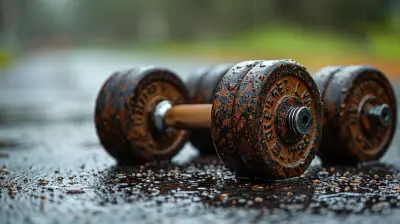The Best Pre-Workout Nutrition for Massive Gains
23 August 2025
If you’re trying to stack on serious muscle mass, chasing big lifts, or just looking to make your workouts insanely effective—what you eat before hitting the gym can either fuel your gains or sabotage your progress. You’ve probably heard the phrase, “abs are made in the kitchen,” right? Well, massive gains start there too. Pre-workout nutrition isn’t just about filling your stomach. It’s about priming your body to perform like a beast.
Whether you're a seasoned lifter or just getting started, this guide will break down the best pre-workout nutrition strategies to help you crush your workouts and build serious size. We’ll cover what to eat, when to eat it, and why it all matters.
Let’s dive into the iron paradise.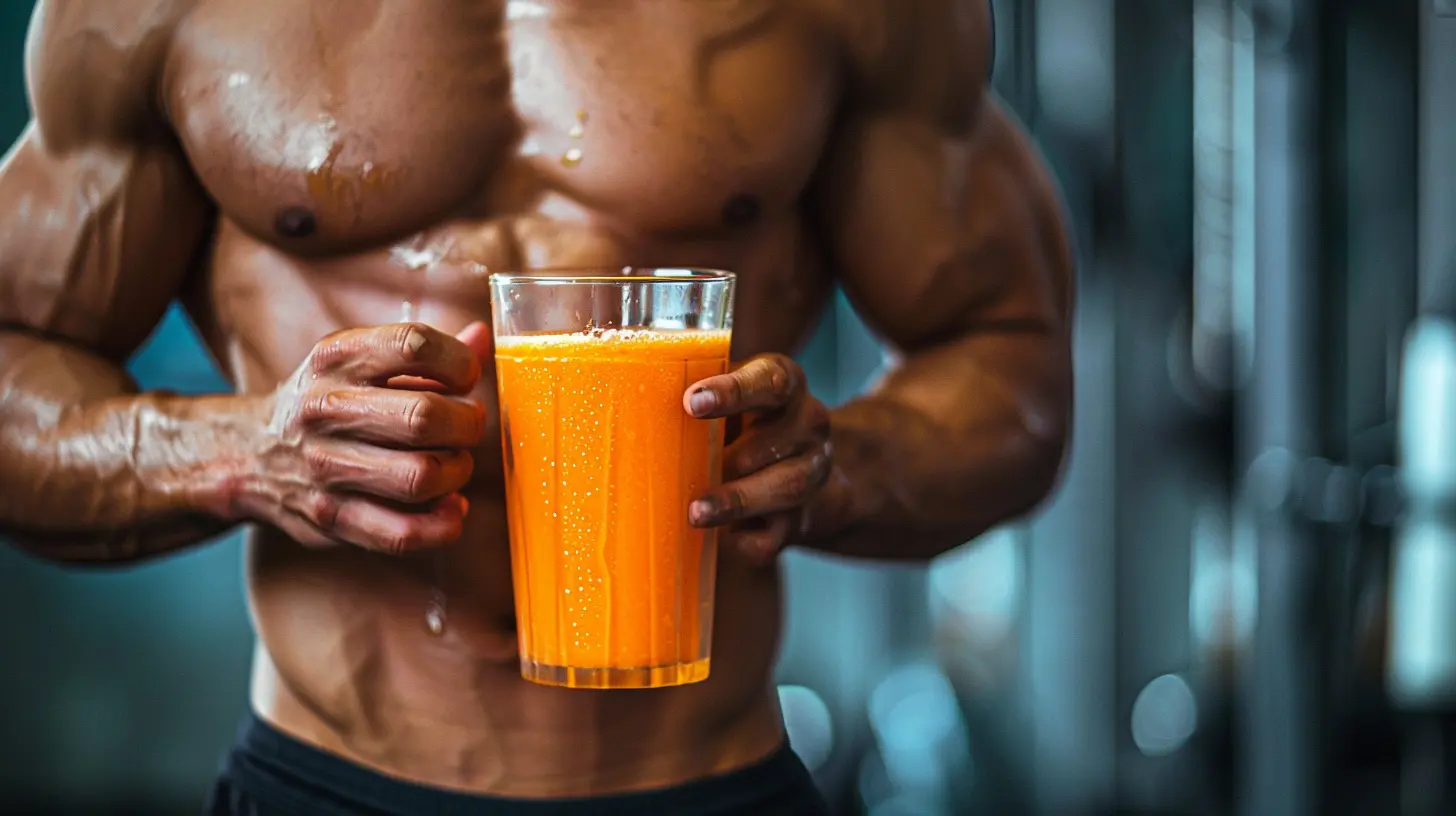
Why Pre-Workout Nutrition Even Matters
Let’s be honest—training on an empty stomach is like trying to drive a Ferrari with no gas. You need fuel to perform, and not just any fuel—premium stuff. The right pre-workout meal gives your body the energy to push harder, lift heavier, and recover faster.When your body is properly fueled, your muscles are primed with glycogen (stored carbs), your energy is stable, and your mental focus is on point. That equals better performance and, over time, bigger gains.
And the best part? It’s not rocket science.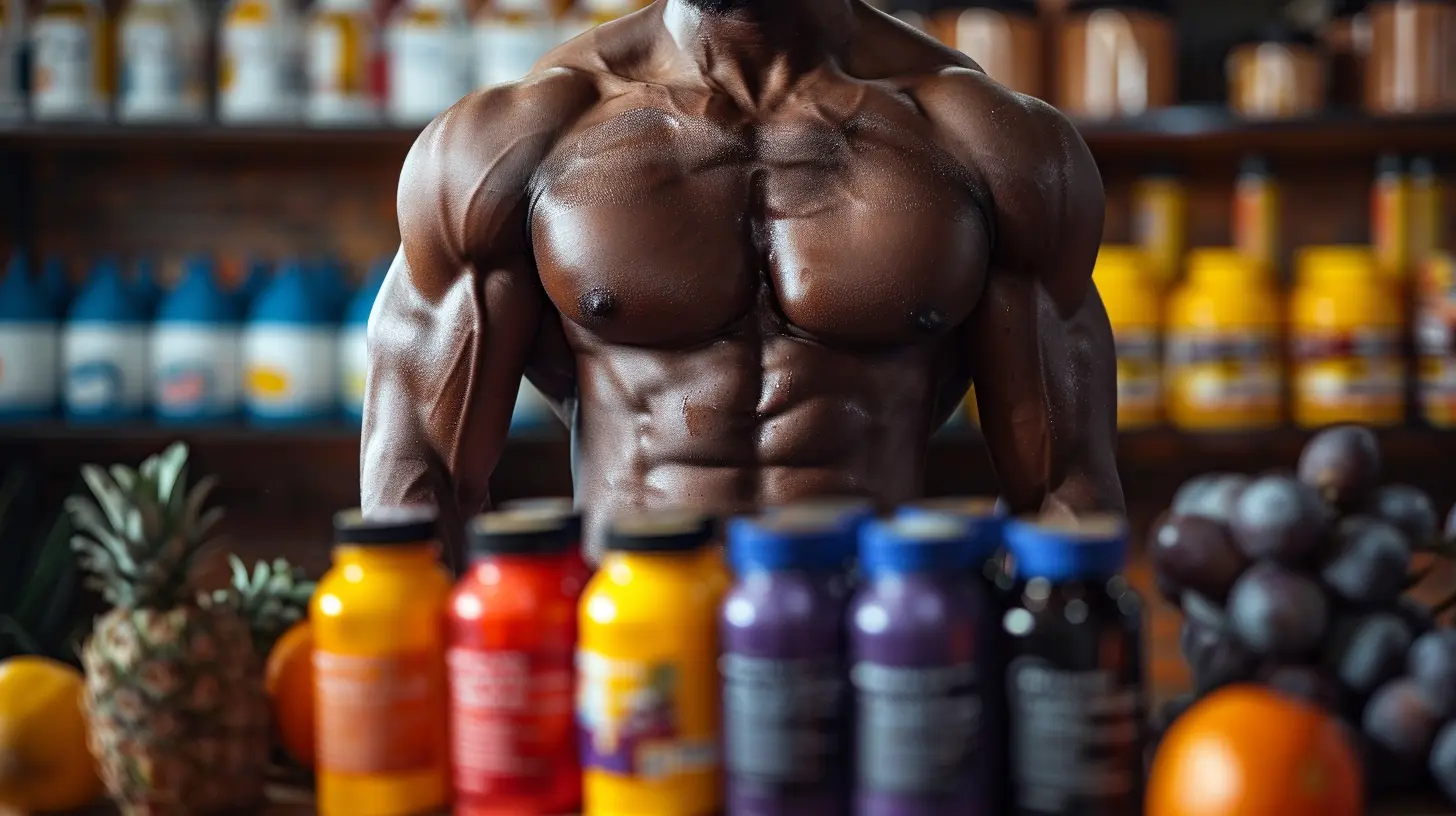
The 3 Macronutrients You Need to Worry About
You’ve probably heard the macros chant: protein, carbs, fats. Pre-workout nutrition is all about how you balance 'em.1. Carbs – Your Primary Fuel Source
Carbs are your best friend when it comes to workouts. Think of them like jet fuel for your muscles. When you eat carbs, your body breaks them down into glucose—which either gets used immediately or stored as glycogen in your muscles and liver.Lifting heavy, sprinting, HIIT—all of it runs mostly on glycogen. So if your tank is empty, you’ll struggle to get through your sets.
Simple carbs (like fruit or white rice) digest quickly and provide immediate energy. Complex carbs (like oats or sweet potatoes) digest slower, giving you sustained energy. The sweet spot? A light mix of both, depending on how soon you eat before training.
Good carb options:
- Banana or apple with peanut butter
- Brown rice or white rice with lean meat
- Whole grain toast with honey
- Oatmeal with berries
2. Protein – The Muscle Builder
Protein doesn’t exactly give you fuel for training, but it provides the building blocks for muscle growth—amino acids. Eating protein before training helps reduce muscle breakdown, kickstarts muscle protein synthesis, and ensures your body has what it needs to grow.Aim for a clean, lean protein source about 1–2 hours before hitting the gym.
Solid protein picks:
- Grilled chicken breast
- Greek yogurt
- Whey protein shake
- Eggs or egg whites
- Tuna or lean beef
3. Fats – Use Sparingly Pre-Workout
Fats take longer to digest, so you don’t want to load up on a super fatty meal right before your workout. That said, a small amount of healthy fats can provide sustained energy—especially for longer sessions or endurance workouts.But keep it light.
Healthy fat examples:
- A few almonds or walnuts
- Avocado slices
- Nut butter spread (in moderation)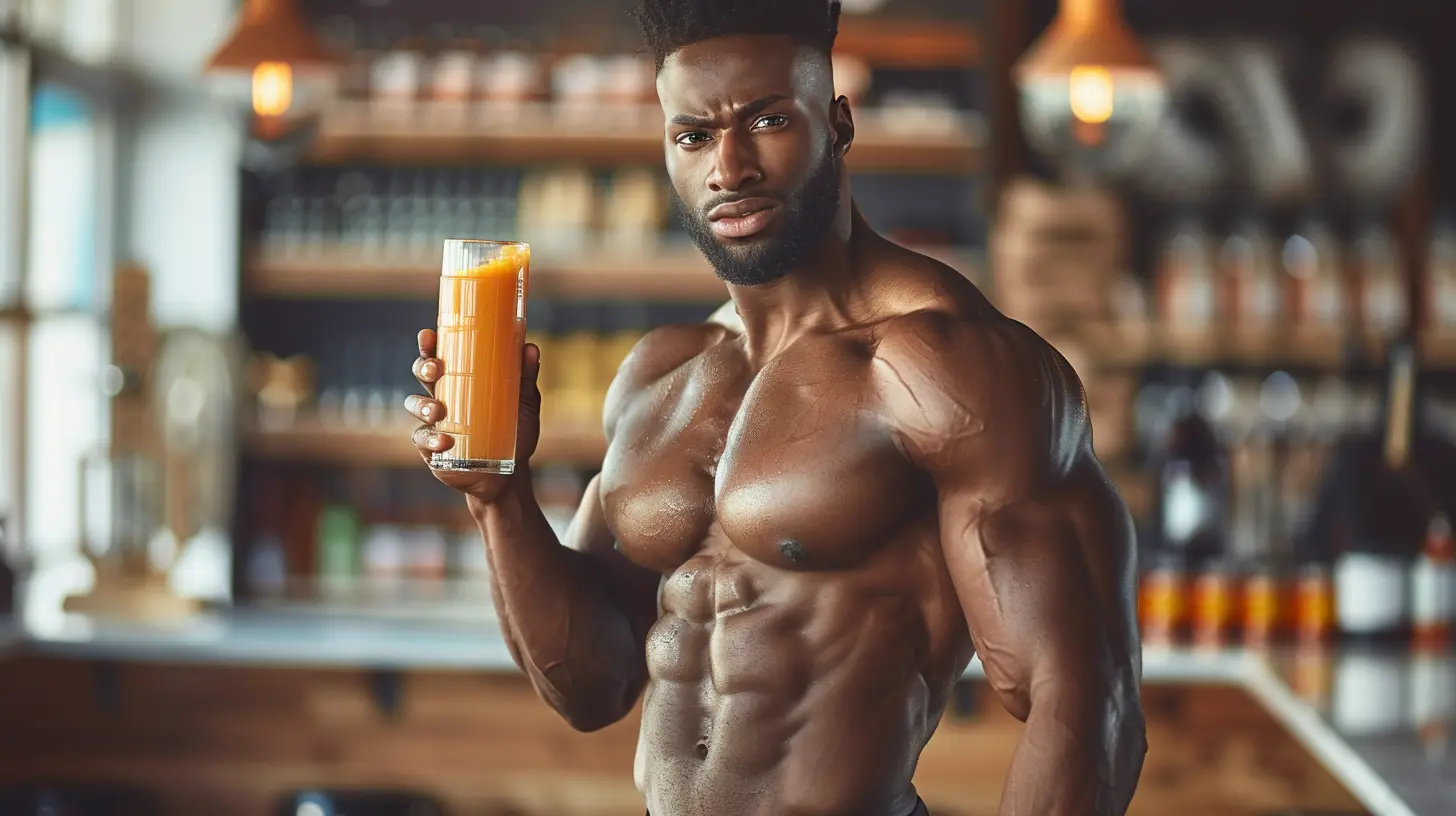
Timing Is Everything
So, you’ve got your macros down. Next up—when should you eat?2–3 Hours Before Your Workout
This is the golden window. A complete meal with carbs, protein, and a little fat works best here because your body has time to digest and absorb the nutrients. You’ll walk into the gym feeling fueled but not stuffed.Example meal:
- Grilled chicken, brown rice, and steamed veggies with olive oil
30–60 Minutes Before Training
If you're short on time, go for something lighter and quicker to digest. Think easy carbs + fast-digesting protein. Skip the fats at this point to avoid sluggishness.Quick-fuel snack ideas:
- Whey protein shake with a banana
- Rice cakes with some PB and jelly
- Yogurt with fruit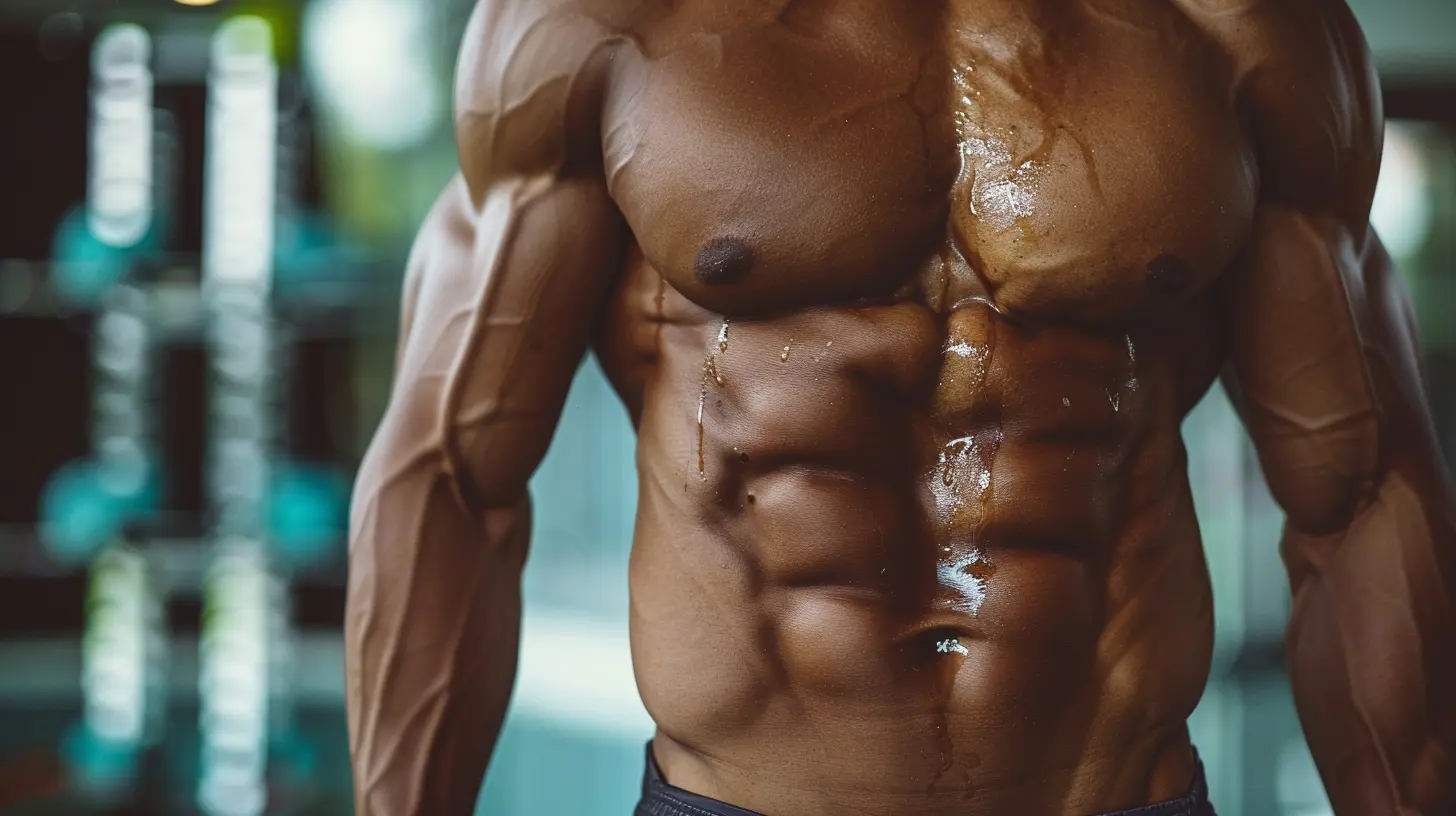
Best Pre-Workout Supplements (That Actually Work)
You don’t need a shaker bottle full of magic powder, but a few supplements can take your performance to the next level when used right.1. Caffeine
The OG of workout stimulants. It increases alertness, decreases fatigue, and can even boost your strength output. Just don’t overdo it—200-400mg about 30 minutes before training is plenty.2. Creatine
Not technically a pre-workout-only supplement, but taking it before or after the gym works. Creatine boosts ATP (your cells’ energy currency), helping you pump out more reps and increase strength.3. Beta-Alanine
That tingling feeling some pre-workouts give you? That’s beta-alanine doing its job. It helps buffer lactic acid, so you can train harder, longer.4. Citrulline Malate
Great for blood flow and those skin-tightening pumps. It’s also shown to improve endurance and reduce fatigue.5. BCAAs (Branched-Chain Amino Acids)
If you're training fasted or in a caloric deficit, sipping on BCAAs can help preserve muscle and reduce fatigue during workouts.What to Avoid Before You Train
Even with the right foods in mind, choosing the wrong ones—or eating them at the wrong time—can wreck your workout.High-Fat or Fried Foods
Burgers, fries, creamy sauces—save those for cheat day. These slow down digestion and can make you feel sluggish or heavy.Spicy or Gassy Foods
Chili, beans, cruciferous veggies like broccoli or cauliflower? These might cause bloating or gas, which is the last thing you want mid-deadlift.High-Sugar Junk
Candy bars or sugary drinks can spike your blood sugar, giving you a temporary high followed by a crash. Not ideal for 90 minutes of squats and presses.Sample Pre-Workout Meals for Every Schedule
You’ve Got 2–3 Hours
- Grilled salmon, quinoa, steamed broccoli- Turkey breast wrap with whole grain tortilla and avocado
- Brown rice, stir-fried tofu, and veggies
1 Hour or Less
- Protein shake + banana- Greek yogurt + honey + granola
- Rice cakes + almond butter + sliced strawberries
Training First Thing in the Morning?
You don't want a big meal right out of bed, but skipping nutrition entirely isn’t smart either. Go for liquid or light sources.- Whey protein + fruit smoothie
- Small banana + pre-workout drink
- Half a protein bar + water
Hydration – Don’t Forget It
You can have the best macros and supplements dialed in, but if you’re dehydrated? Game over.Even mild dehydration can affect strength, endurance, and focus. So sip water throughout the day, and aim for 16–20 ounces within 2 hours before your workout. During longer or sweat-heavy sessions, consider electrolytes (especially if you're on a low-carb or keto diet).
Pre-Workout Nutrition for Specific Goals
Because everyone trains for different reasons, let’s quickly tailor things.For Muscle Gain (Bulking)
Go carb-heavy. Your body needs the extra calories and glycogen. Add a complex and simple carb combo with protein about 1–2 hours pre-workout. Don’t fear a little fat here either—it’ll help with overall calorie intake.For Fat Loss (Cutting)
Keep it lighter. Focus on lean protein + low-glycemic carbs. Avoid large meals close to your workout, which might affect fat oxidation. A whey shake with berries is a great option.For Endurance Training
You’ll need more carbs. Focus on slow-digesting sources like oats or whole grain toast to keep you fueled longer. Add a bit of nut butter or avocado for sustained energy.Final Thoughts: Fuel Your Fire
At the end of the day, workouts don’t start with your first rep—they start in the kitchen. What you eat before you train has a massive impact on how you perform and how your body grows after.So don’t leave it to chance. Invest a little time in your pre-workout nutrition and you’ll lift stronger, recover faster, and get closer to those massive gains you’re chasing.
Remember, it’s not just about lifting heavy. It’s about lifting smart.
all images in this post were generated using AI tools
Category:
BodybuildingAuthor:

Angelo McGillivray
Discussion
rate this article
1 comments
Celeste Velez
Fuel your body, ignite your potential, and conquer your workout!
September 6, 2025 at 4:20 AM

Angelo McGillivray
Thanks for the motivation! Proper pre-workout nutrition truly plays a crucial role in maximizing performance and achieving those gains. Keep fueling up!

